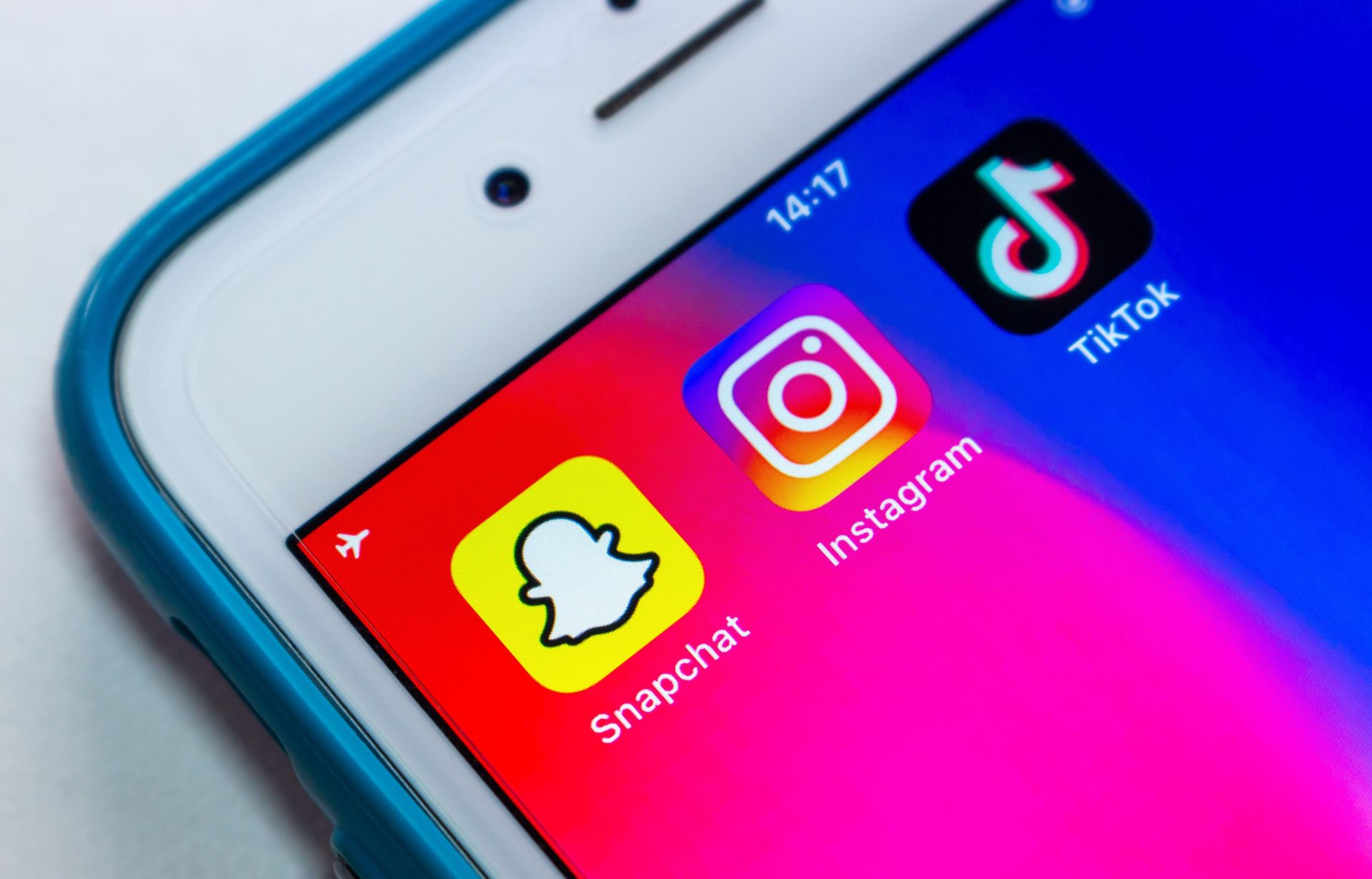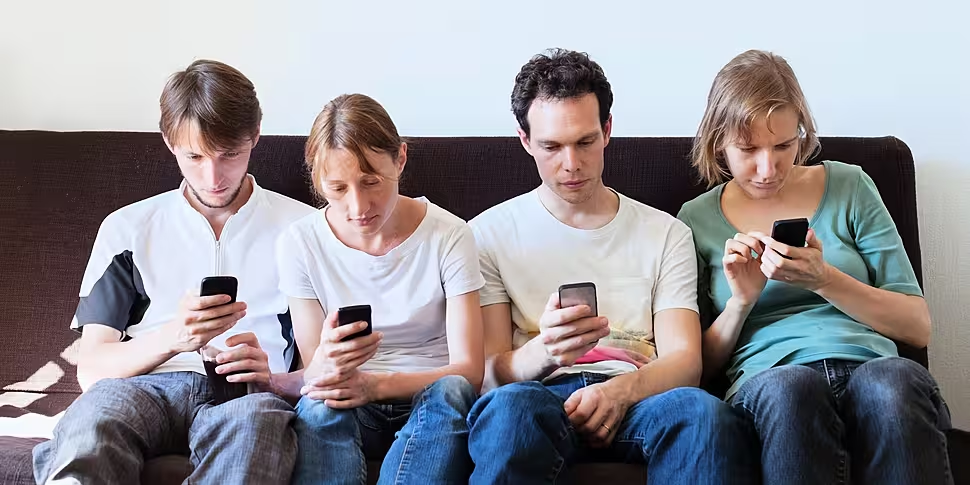Mobile phone use is “spiralling out of control,” according to a leading technology journalist.
It follows a new study from Deloitte that found two in three people in Ireland wish they spent less time on their phones.
They also found seven in 10 people check their phones as soon as they wake up in the morning.
On The Pat Kenny Show today, a report by Newstalk’s Jessica Woodlock explored why so many people have a phone addiction in Ireland.
Tackling it
She spoke to Silicon Republic journalist Vish Gain who said people are starting to realise excessive phone use is bad for their health and are finding ways to tackle it.
“There is a movement now of people trying to reduce the amount of time they spend [on their phones] and curating the content they see on their platforms,” he said.
“They let Instagram know if there’s something they’re not interested in or unfollow accounts they know they’re not interested in.
“I also have friends who have do not disturb on most of the time on their phone, keeping it on silent and having a 10pm shutdown on all social media apps.”
 Snapchat, Instagram and TikTok apps on an iPhone. 2021. Picture by: Koshiro K / Alamy Stock Photo
Snapchat, Instagram and TikTok apps on an iPhone. 2021. Picture by: Koshiro K / Alamy Stock PhotoMr Gain said “every single person” he comes across has some form of phone addiction, which has opened up a new market of mobile applications.
“There's a whole industry of apps that help people not to use apps now,” he said.
“They’ll send you reminders about how much you’ve used your phone today, what apps you are using, and they tell you to be mindful about it.
“It’s counterintuitive for the companies, but they’re being required to do this.”
Subtle impacts
Dr Colman Noctor told Jessica that phone addictions can be particularly dangerous as their impacts on people are subtle.
“You won’t see a technology addiction in your bank balance or on your waistline,” he said.
“It’s not like alcohol, drugs, or food where there are visible signs of our dependency; it’s much more subtle with that.
“It’s a relationship with technology that we form and sometimes that relationship can be an overreliance, that we almost need to be plugged in all the time in order to feel we’re not missing out on something.”
Dr Noctor said it’s okay to want to be on technology, but that “it’s not okay to need to be on it”.
'It's so normalised'
Trinity College student Jane Cowan said phone addiction is a serious problem among classmates.
“When I’m sitting in lectures, I look around and people are checking their phones and the lecturers don’t even mention it,” she said.
“That’s probably because 95% of students in the lecture hall are checking their phones at some point during a lecture.
“The lecturer can obviously see if your head is tilted down looking at the phone in your hand but people don’t even try to hide it – it’s just become so normalised.”
The Deloitte study also found that 96% of people own a smartphone in Ireland.
Main image: A group of people on their phones. Image: Anna Berkut / Alamy Stock Photo









